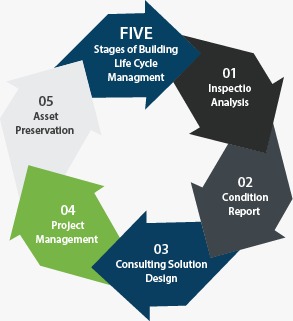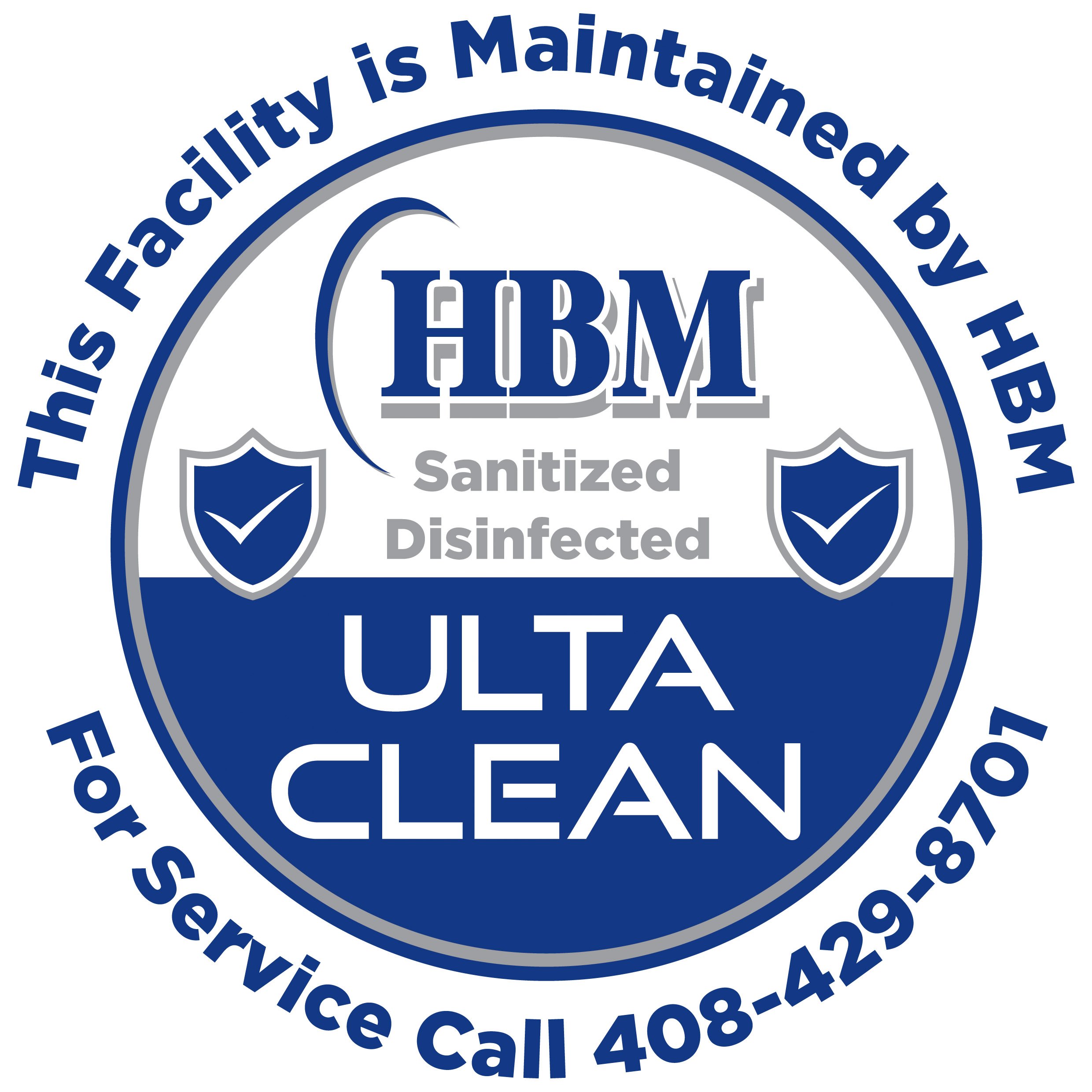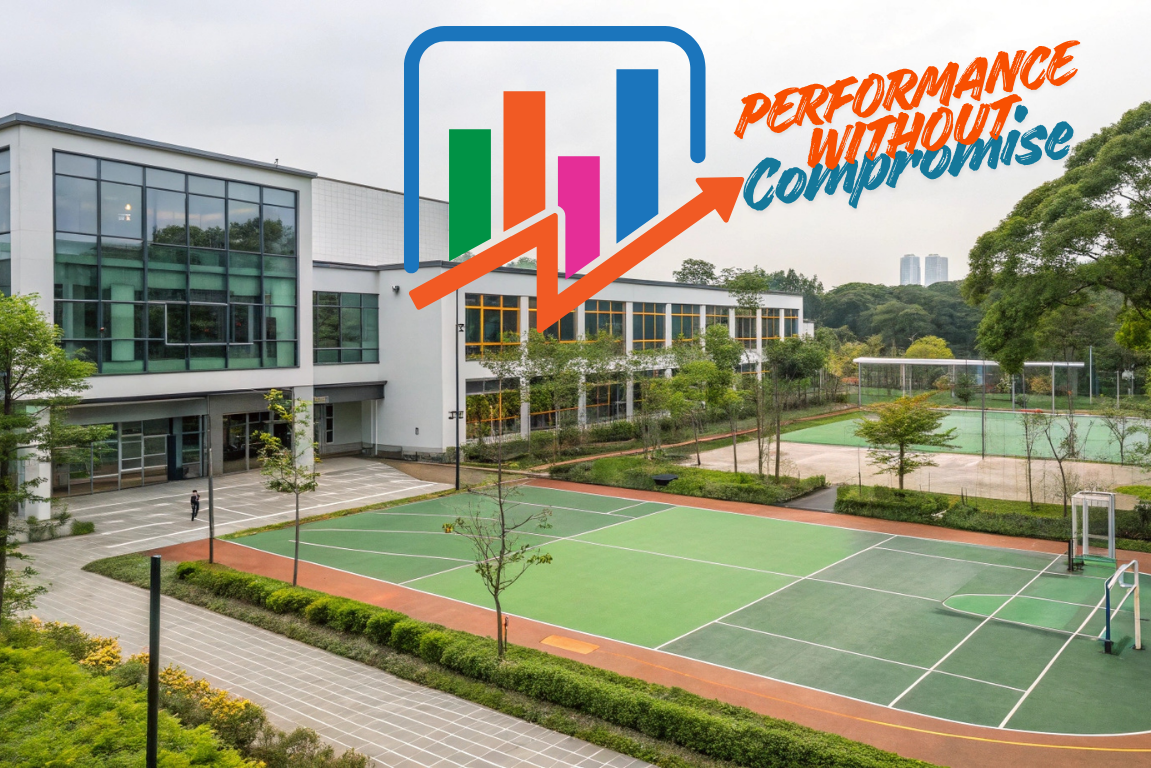Navigating NFPA 70B Standards: A Guide to Compliance
The National Fire Protection Association (NFPA) 70B standard is essential for ensuring the safe maintenance of electrical equipment. As of the latest updates, these standards have undergone revisions, prompting organizations to reassess their compliance strategies. The most important change is that the standards are now required, and they are no longer merely recommended. In this article, we’ll explore how to navigate the new NFPA 70B standards and ensure your facility remains compliant.
Understanding NFPA 70B
NFPA 70B provides guidelines for electrical equipment maintenance to prevent electrical failures that could lead to fires, injuries, or loss of life. The standard addresses everything from maintenance frequency to record-keeping practices, emphasizing a risk-based approach tailored to specific equipment types and usage conditions.
Key Updates in NFPA 70B
Besides requiring compliance, recent revisions have clarified and expanded various sections of the standard, particularly in the areas of risk assessment and maintenance planning. Understanding these updates is critical for compliance:
- **Risk Assessment Protocols**: The new standard emphasizes the importance of conducting thorough risk assessments to identify potential electrical hazards in your facility. This proactive approach helps prioritize maintenance efforts based on risk levels.
- **Maintenance Frequencies**: NFPA 70B outlines specific recommendations for maintenance intervals depending on equipment type, usage, and environmental conditions. Familiarize yourself with these recommendations to avoid penalties and enhance safety.
- **Documentation and Record-Keeping**: Accurate documentation of maintenance activities is essential. The updated standards stress the need for detailed records that demonstrate compliance and facilitate audits.
Steps to Achieve Compliance
- Conduct a Comprehensive Risk Assessment.
Begin by assessing the electrical systems and equipment in your facility. Identify potential hazards, evaluate the likelihood of incidents, and classify the risk level. This assessment will guide your maintenance strategy and help prioritize actions. - Develop a Maintenance Plan
Based on your risk assessment, create a detailed maintenance plan. This plan should include:- Scheduled Maintenance: Establish a timeline for regular maintenance tasks based on the recommendations in NFPA 70B.
- Emergency Protocols: Outline procedures for addressing urgent electrical issues that arise unexpectedly.
- Train Your Team
Many of the maintenance and inspection steps to comply with the standard can be successfully executed by your in-house facilities maintenance team. Invest in training for your maintenance personnel. Ensure they understand the NFPA 70B standards and the importance of following established maintenance protocols. Regular training sessions can help reinforce safe practices and keep staff updated on any changes in regulations. - Implement a Documentation System
Establish a robust documentation system to record maintenance activities, inspections, and any incidents. Consider using digital tools to streamline this process, allowing for easy access to records during audits or inspections. - Review and Update Regularly
Compliance isn’t a one-time effort. Schedule regular reviews of your maintenance plan and risk assessments to adapt to any changes in equipment, technology, or NFPA standards. Staying proactive will help you maintain compliance and enhance safety.
Conclusion
Complying with NFPA 70B standards is vital for any organization that relies on electrical equipment. By conducting thorough risk assessments, developing robust maintenance plans, investing in training, and ensuring accurate documentation, you can navigate the complexities of these standards effectively. Not only will this help you remain compliant, but it will also create a safer working environment for everyone.
Non-compliance may result in potential insurance issues for an organization, which could find its coverage costs linked to the new maintenance standards compliance. Proof of compliance may also be required for construction projects and tenant improvement permitting, or conditional use permits. Documentation may be reviewed as a part of annual fire inspections, or any OSHA investigation
Remember, safety isn’t just a checkbox; it’s an ongoing commitment. By prioritizing compliance with NFPA 70B, you’re not just protecting your facility—you’re safeguarding lives.



.jpg)


-1.png)

